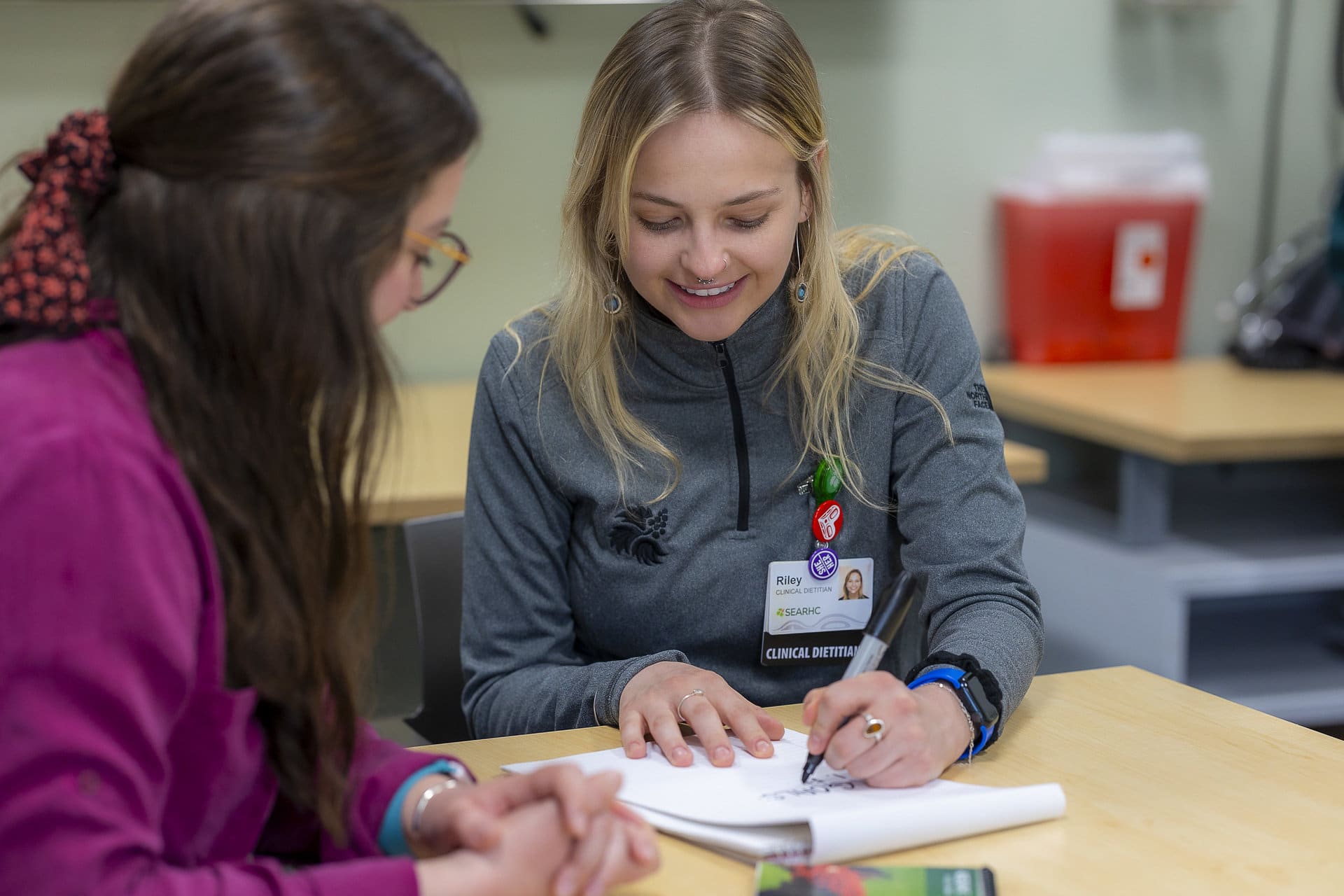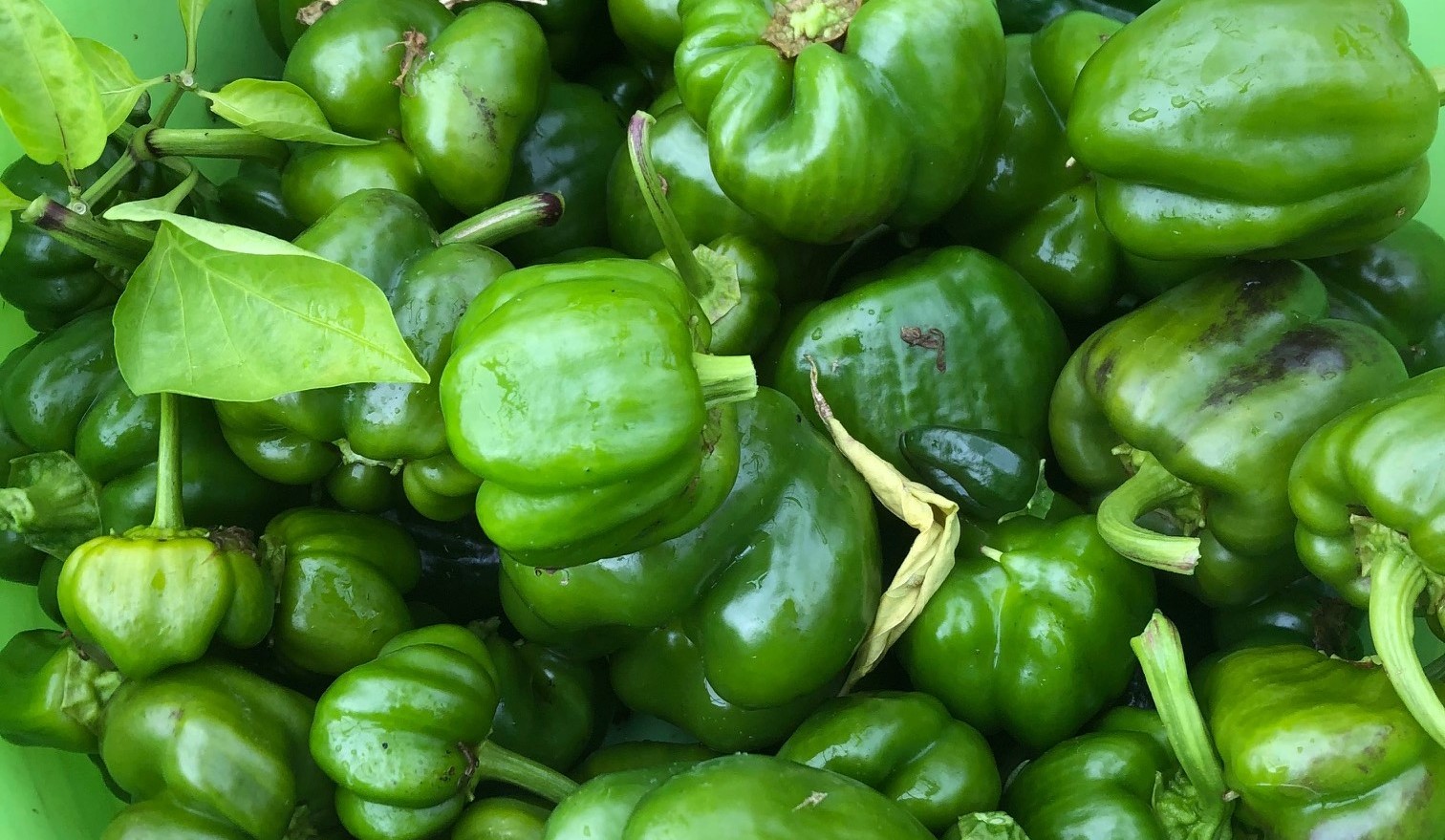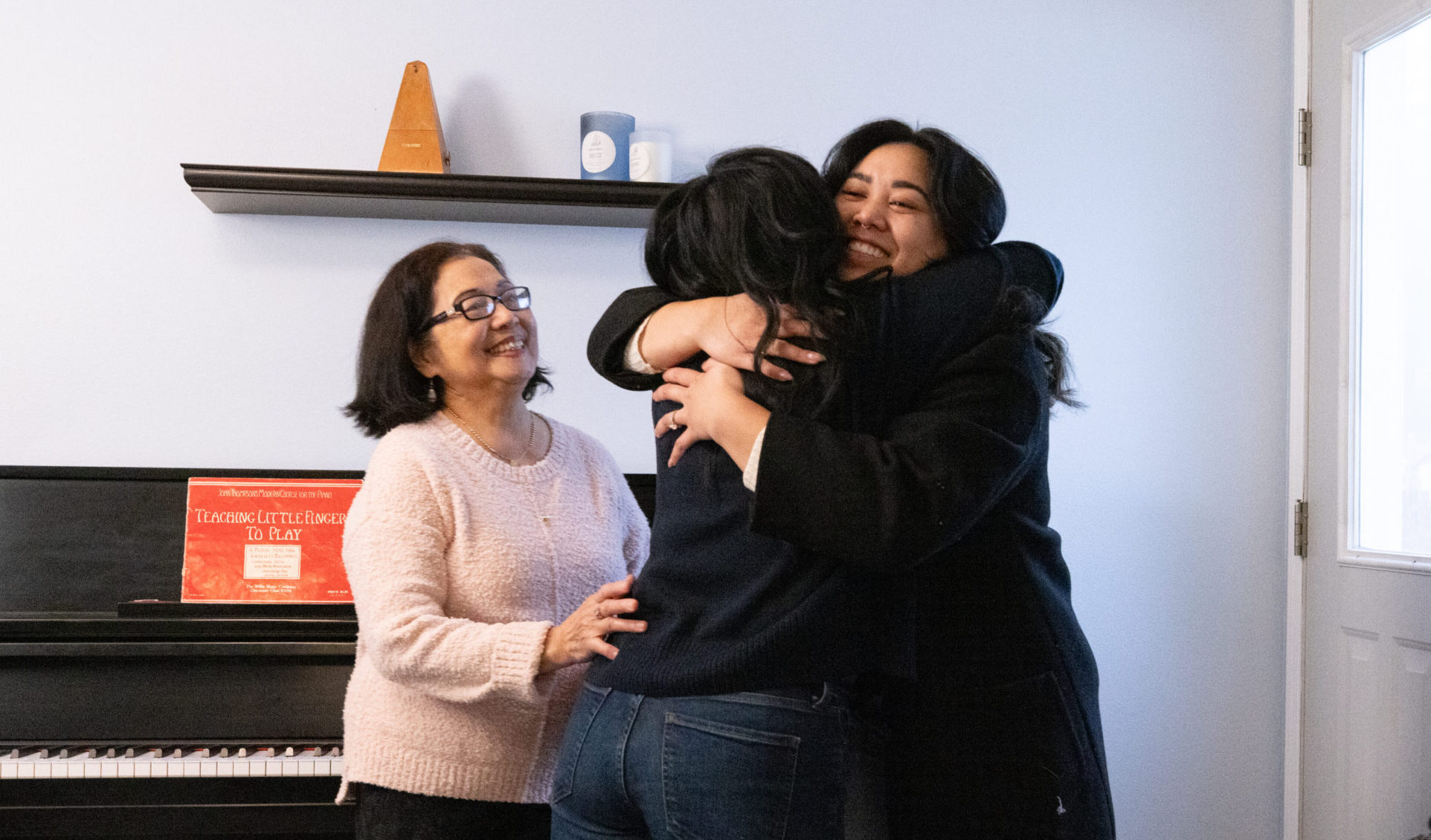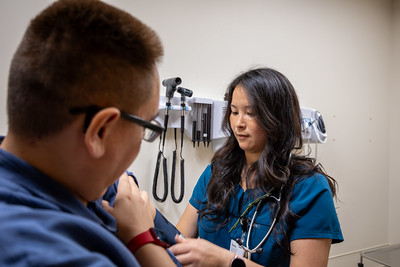We started the Klukwan Community Garden in 2005. I was an Americorps Volunteer, under Alaska Rural CAP’s BIRCH Program. BIRCH stands for Building Initiatives for Rural Community Health. We were encouraged to do a community survey to determine what the community members thought were the greatest health needs for our people were. We did the survey and two of the top responses were about the need for better nutrition and more exercise. I thought a community garden would be just the ticket to address both of those needs. We broke ground to establish a garden bed in front of the Chilkat Indian Village Tribal Office. An interesting thing — we found out that there was a garden in that exact location in the early 1900’s when the BIA day school was first in operation there. History has a way of repeating itself, does it not?
The Klukwan Community Garden has been in place since 2005, twenty years in May, and has produced many pounds of food every year that has brought benefits to the community on so many levels.
First, locally grown vegetables are nutritionally superior to those brought in from distant shores, because the longer fruits and vegetables are off the vine, the less nutritional value they have. The distance between garden and table is short for locally grown vegetables so they provide more complete nutrition than their store-bought counterparts.
Second, having a community garden provides a hands-on opportunity for people who want to learn how to garden. Getting started with one’s own garden is an investment and people are reluctant to start anything if they have no experience with it. Thus, the community garden is a bridge of learning and will help build confidence and a base of knowledge for aspiring gardeners.
Another way that the Klukwan Community Garden brings benefit to our community is through FOOD SOVEREIGNTY. Yes, food sovereignty that’s a real thing and its important! It seems the commercial food industry is more interested in turning a profit than protecting the health of the consumer. I think that because they use pesticides, chemical fertilizers and herbicides such as Roundup® or glyphosate or they will genetically modify crops to make it easier to harvest them or increase their yield. Then, when those crops get to the companies that use that produce to create the packaged foods that can be found in our nation’s grocery stores, a myriad of additives are used to increase shelf life and make it more enticing to customers — preservatives, stabilizers, flavor enhancers, food coloring, excessive salt and sweeteners and chemicals — all which add to the toxic load of the unsuspecting consumer. Consequently, many people have developed digestive issues, food allergies, auto-immune disorders, diabetes and many other maladies because of all those food additives. Growing your own food and harvesting traditional foods from nature is one of the benefits of living in Alaska. When you grow your own food and do your own harvesting and processing, you have the sovereignty to make your own decisions as to what goes into those jars of food, or packages of frozen food. That is FOOD SOVEREIGNTY, and it can change your life and health for the better!
FOOD SECURITY AND COMMUNITY RESILIENCE are two more benefits that the Klukwan Community Garden has contributed to our community of Klukwan. Alaska is at the end of the supply chain for the United States. That means if/when there is a food shortage in the U.S., we will be some of the first to feel the impact of it. By having gardens that grow vegetables, berries and fruits in Klukwan, we are helping to create food security and contribute to community’s resilience or ability to survive hardship. During World War II the British people as a nation were able to survive by creating Victory Gardens across their nation. People who had never gardened before dug up lawns, parks and vacant areas to plant gardens and it provided their people the residence or means of survival in those dire circumstances brought by the bombing and warfare.
On a lighter note, gardening provides other benefits, too. It is very uplifting to see the seeds you plant, sprout, grow, and come to full maturity and ready to harvest. It is so rewarding to be able to take care of yourself, your family and your community by putting up your own vegetables, berries, fruits, and harvesting salmon and other seafood, wild game that we are so blessed with in Alaska. Even just getting your hands in the soil brings benefits to the gardener. The soil biome releases endorphins, or feel-good hormones in your body, when you are working in the garden. Just connecting to the earth through your hands, feet, and knees helps to counteract the electrical charge our bodies feel from sitting in front of a computer, or television screen for hours every day. Working with other gardeners in the community garden also strengthens social and personal bonds.
Yes, the Klukwan Community Garden and gardening in general, can bring many health, and social benefits through better nutrition, learning opportunities, food sovereignty, food security, community resilience and connecting to the earth and to each other. What’s not to love about it!
_________________________________________________________________________________________________
Author: Lani Hotch
Lani is an avid gardener, a textile artist, and a tribally proclaimed Culture Bearer. Lani assisted in establishing the Klukwan Traditional Knowledge Camp in 2003 and initiated the Klukwan Community Garden in 2005. Lani has organized and taught in many subsistence skills camps including, hooligan and seaweed camps with the Klukwan School prior to the creation of the Klukwan Traditional Knowledge Camp. She has hosted many Salmon Camps for all ages (including teachers from the urban centers of Alaska) and Moose Harvest Camps which have generally been restricted to local resident participation.





